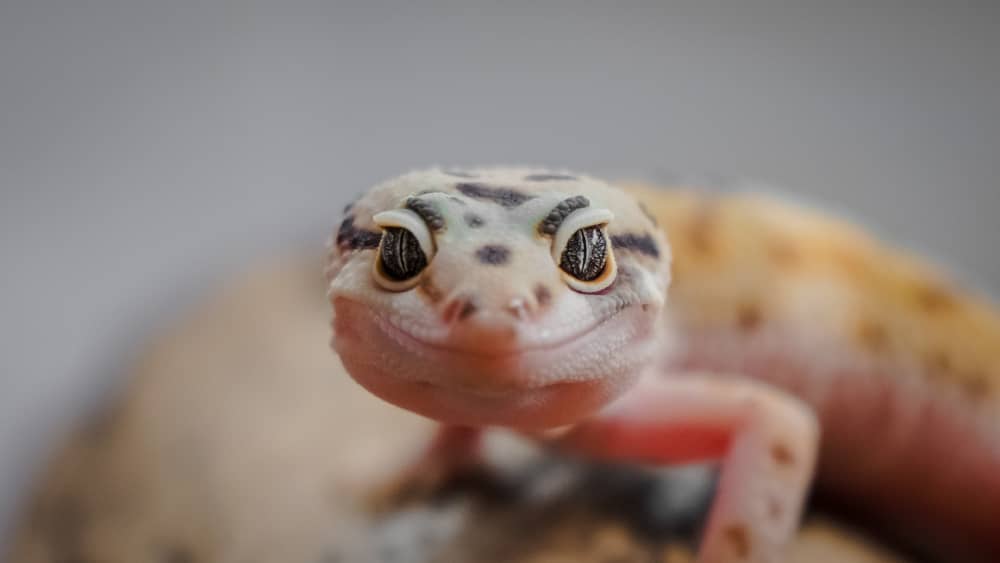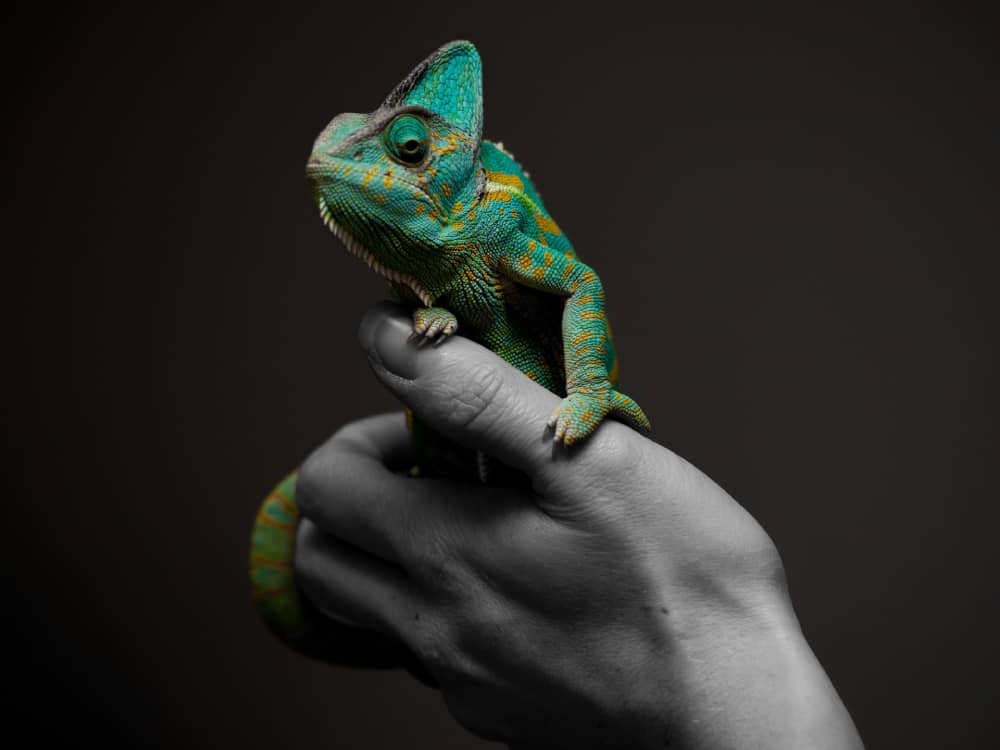From Fins to Scales: Lessons the Reptile Hobbyist Can Learn from the Fishkeepers
Are you looking to delve into the world of reptile caretaking? Are you a reptile hobbyist? Well, it is not as complex as you may think.
Reptiles and fish are different creatures, but most people do not realize that reptile keepers can learn a thing or two from fishkeepers. So, what are these valuable lessons you can learn from fishkeepers?

In this article, we will discuss some fishkeeping practices that you can inspire and upskill your reptile caretaking capabilities.
Understanding Water Quality
Taking care of reptiles involves catering to their specific needs, such as diet, humidity, and temperature. That said, many people forget that water quality is just as important for fish as it is for reptiles.
So, knowing about water quality in fishkeeping can be beneficial when taking care of reptiles. Both animals require clean and adequately maintained water to thrive.
Preserving Peak Water Conditions
Experienced fishkeepers have extensive knowledge of how vital it is to test aquarium water regularly and ensure it is regulated.
This practice also applies to taking care of reptiles. Therefore, it is vital to test water parameters like nitrate, pH, and ammonia levels because this information can help you determine your pet’s habitat’s suitability.
Furthermore, constant monitoring and optimizing water conditions can help prevent certain health conditions and maintain your reptile’s health.
Achieving a Naturalistic Habitat
When fishkeeping, ensuring your pet’s environment is filled with naturalistic elements is essential to their well-being.
Fishkeepers incorporate features such as rocks, live plants, and driftwood to help create a mesmerizing and exciting habitat similar to what their fish would find in nature. You can also apply these principles when creating your reptile’s enclosure, as this could lead to an enhanced and enriching living experience.
For example, caring for Flame Tetras requires having a combination of intricate driftwood and lush plants. Not only does this natural substrate provide a place for them to hide, but it also beautifies their environment while mimicking their natural habitat.
Reptilian Dietary Plan
Just like fish, reptiles need a varied, balanced diet to ensure all their nutritional needs are met. Fishkeeping provides various options for nutrition. Thus, knowledge as a fishkeeper can help inspire a reptile hobbyist to expand their dietary options for their scaly friend.
Utilizing Fish and Invertebrates
Fishkeepers usually incorporate fish and invertebrates, such as bloodworms and brine shrimp in their fish diet. These options are rich in protein and provide nutritional as well as mental benefits for these fish.
As a new reptile keeper, you can also explore similar options by feeding your scaly companion small fish and invertebrates. Some reptiles that would enjoy these treats include certain lizard species and aquatic turtles.
Catering to Emotional Well-being

Despite not being as expressive as dogs and cats, reptiles and fish are living creatures that require optimal care from their keepers.
Granted, amassing knowledge on how to feed your pet properly and ensuring they are physically at their best is great, but their emotional well-being is just as important.
Experienced fishkeepers emphasize the importance of patience, empathy, and a sense of responsibility, and you can utilize these principles when caring for reptiles. Also Read – Pet Therapy a Vital Tool for Disabled Children
Creating Emotional Ties
Fishkeeping entails constant monitoring and observation of your aquatic pet. During this period, fishkeepers can develop a strong bond with their aquatic friends, learning to recognize their individual personalities.
As a reptile hobbyist, you can also foster this emotional bond by spending time with your scaly companions, learning about their specific needs, and offering adequate mental stimulation.
Benefits of Keeping Reptiles
Keeping a reptile is not as mainstream as keeping other creatures such as dogs, cats, and rabbits. However, there are various benefits to owning a reptile you should know about.
Peaceful Companions
Reptiles are perfect for people who want a quiet and serene environment. They do not make loud noises, making them great pets for people living in shared spaces where loud noises might be an issue. So, if you are looking for a tranquil and stress-free environment, a reptile is the right pet for you.
Minimal Maintenance
Unlike dogs and cats, reptiles do not need constant attention or regular walks. These creatures are self-sufficient and can thrive without consistent interaction.
As long as you feed them regularly and ensure their enclosure is set up suitably, you should not have any problem. Therefore, reptiles are optimal for people with small living spaces or busy lifestyles.
Therapeutic Advantages
As mentioned earlier, reptiles exhibit calm and rhythmic movements that can be relaxing for many. Hence, watching a reptile move around in its habitat may help individuals deal with depression, anxiety, autism, and other conditions.
An Opportunity to Learn
Owning a reptile offers a learning opportunity for both children and adults. This is because it allows both parties to learn about the different species of reptiles, their habitats, and how they behave in nature.
Furthermore, it is a great way to help children develop a sense of responsibility and possibly improve their understanding of biology and ecology.
Suitable for Varying Spaces
Unlike larger animals such as dogs and cats, reptiles do not require that much space. Hence, you can customize their enclosure to fit into most places. So, as a reptile owner, you can adapt your pet’s living environment to fit into the space you have available, regardless of how big or small.
Conclusion
When it comes to animal keeping, there are so many paths to venture into. Therefore, it is important to embrace wisdom, knowledge, and practices from other enthusiasts to improve your practice.
While caring for fish and reptiles differs in several ways, you can take certain practices from one and apply them in the other. Ultimately, the goal of an animal keeper is to ensure your pet is taken care of in the best possible way.
As a reptile hobbyist, there is a lot you can learn from fishkeeping to broaden your prospects and enhance your reptile’s life by improving water quality, optimizing their environment, proffering a versatile meal plan, and developing emotional connections.
Using this article, you can now implement some ideas from fishkeeping into your life as a reptile hobbyist.



